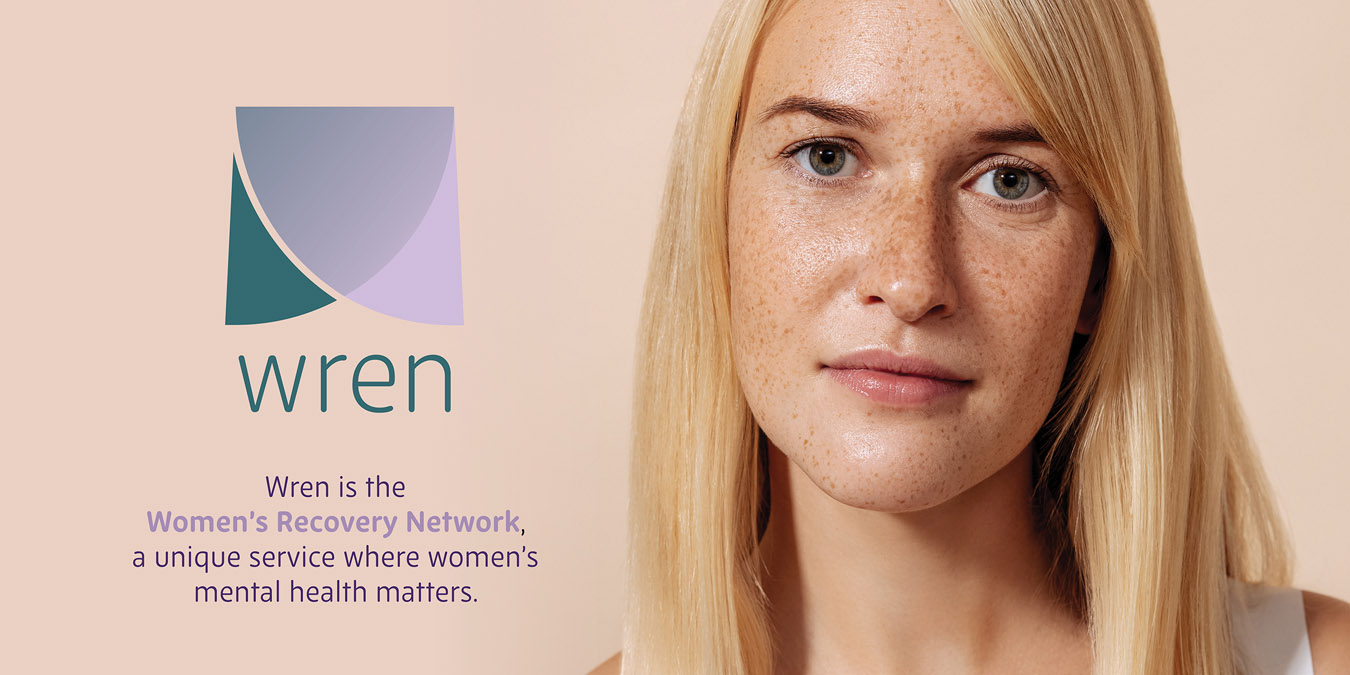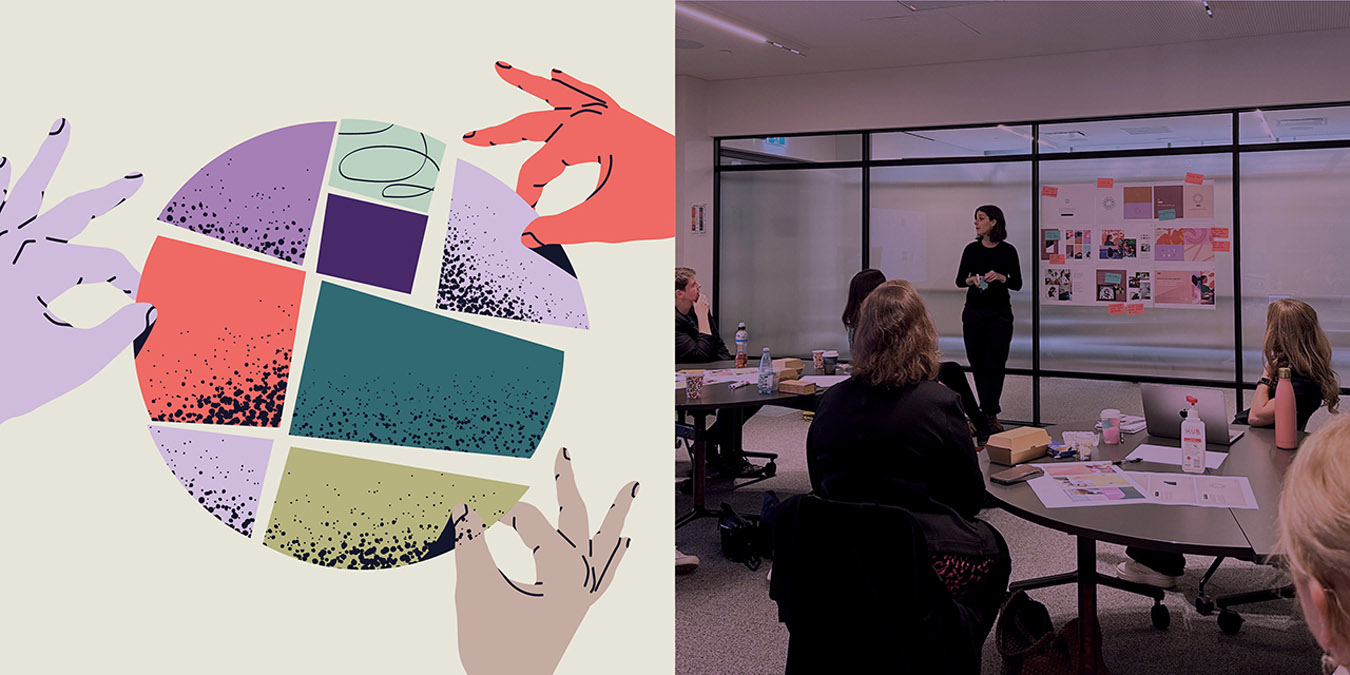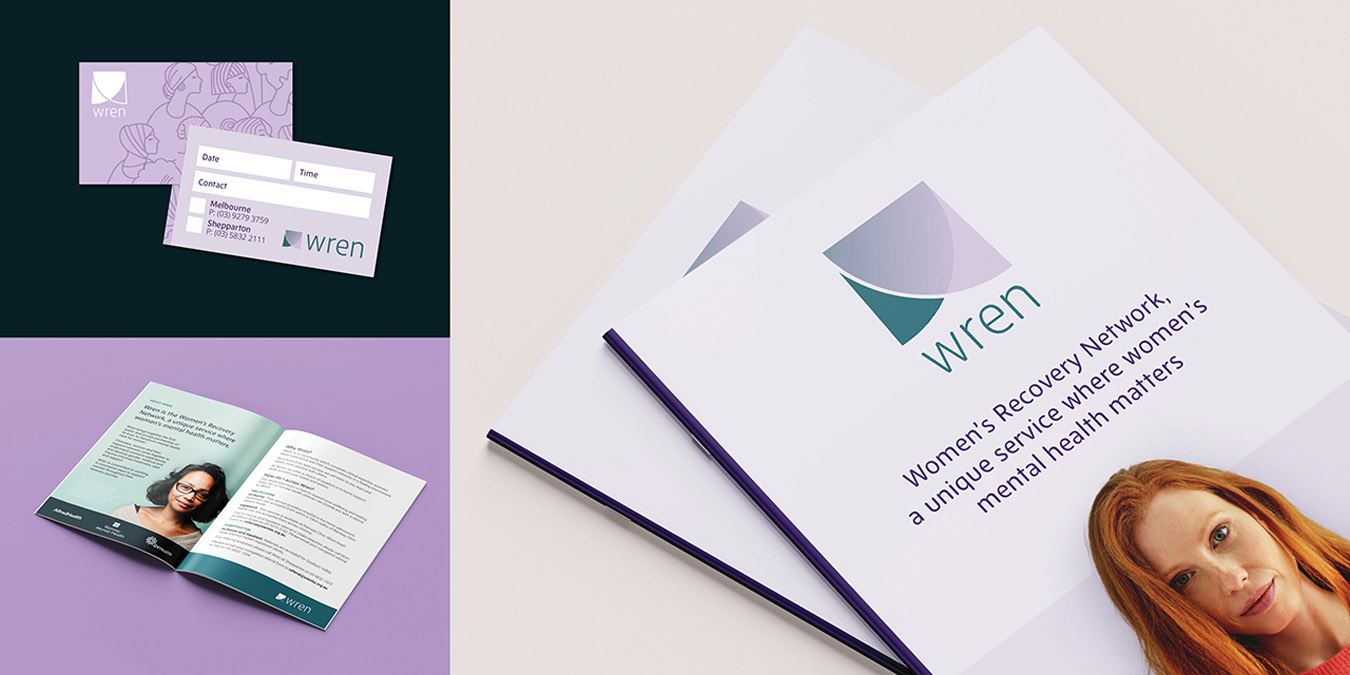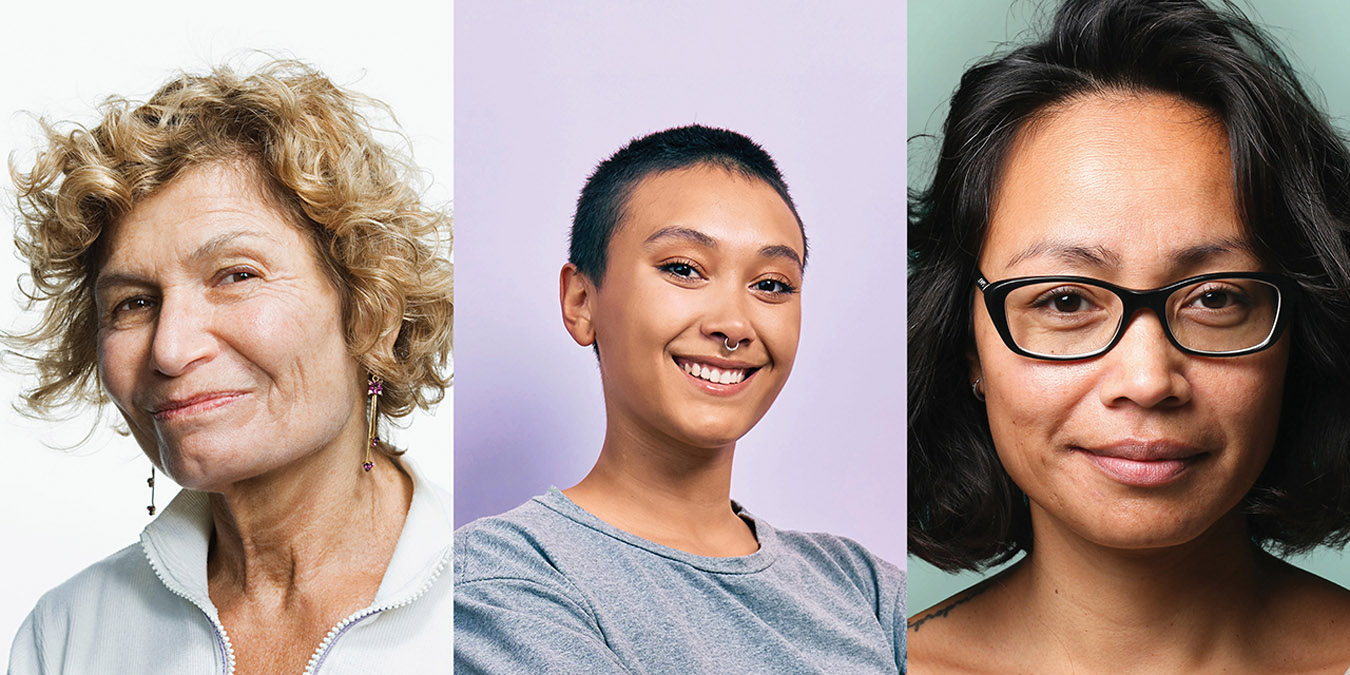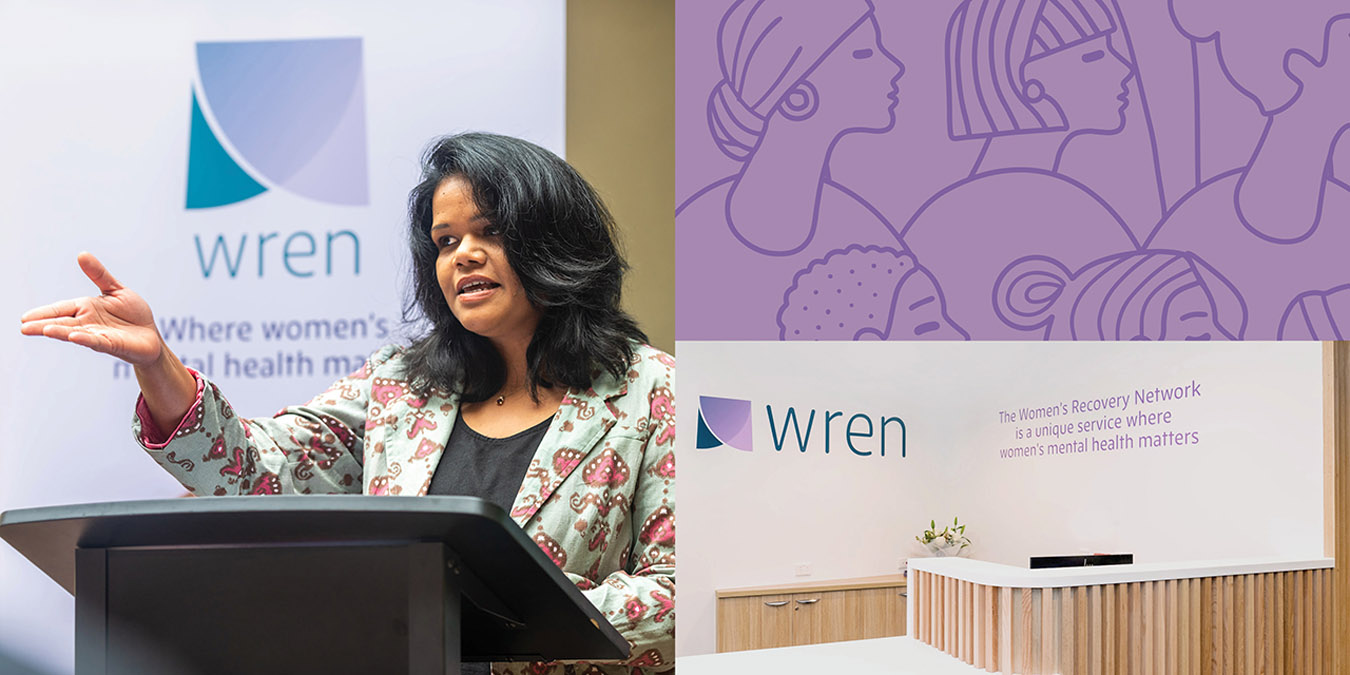Our brief was to build an identity which signified a transformation in mental health support for women. We chose to go a step further, by also transforming our way of working - embedding a co-design process throughout the project and making a commitment to amplify the voice of lived experience in rooms where it had been absent for far too long.
It was vital for the project’s success that we moved away from traditional hierarchical service structures, towards a process where every voice mattered. We dedicated over 50 hours to consultation with lived experience, and more than 100 women were integral to shaping the final delivery of Wren.
- 3 focus groups with lived experience, carers, charities, support services, patient advisory groups, and hospital stakeholders
- 3 workshops with lived experience and internal stakeholders to facilitate transparency
- 2 service naming sessions with lived experience to ensure naming was welcoming, accessible and easily understood
- 5 market research sessions with lived experience volunteers to review final identity
Throughout the entire process, our creative team acted as both ideators and facilitators, making sure everything we learned from our co-design participants was resolved against the brief, and factored into the identity in a considered way. There were opportunities to teach (e.g about the role of a logo) and to learn (e.g. kinds of imagery that might be triggering). From initial concepts to final deliverables, there was professional stewardship of the design outcomes every step of the way, empowered by the strong sense of trust and respect that we had built with our collaborators.
Our co-design methodology ensured we exceeded the design brief – Wren is uplifting, courageous, collaborative and curious, and successfully delivers an accessible, inclusive service that women feel safe to engage with at a time of great vulnerability.

